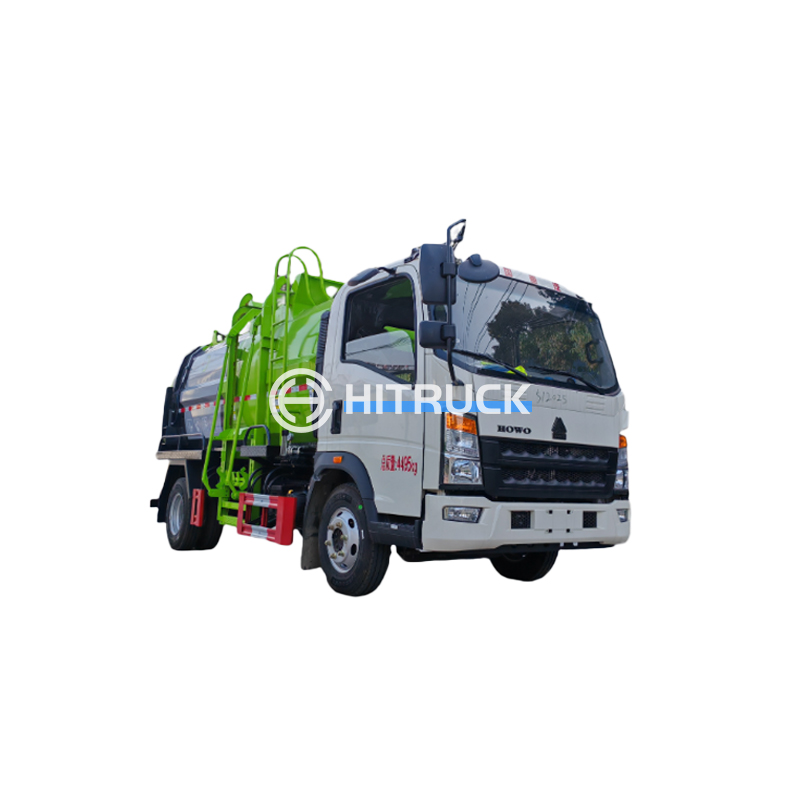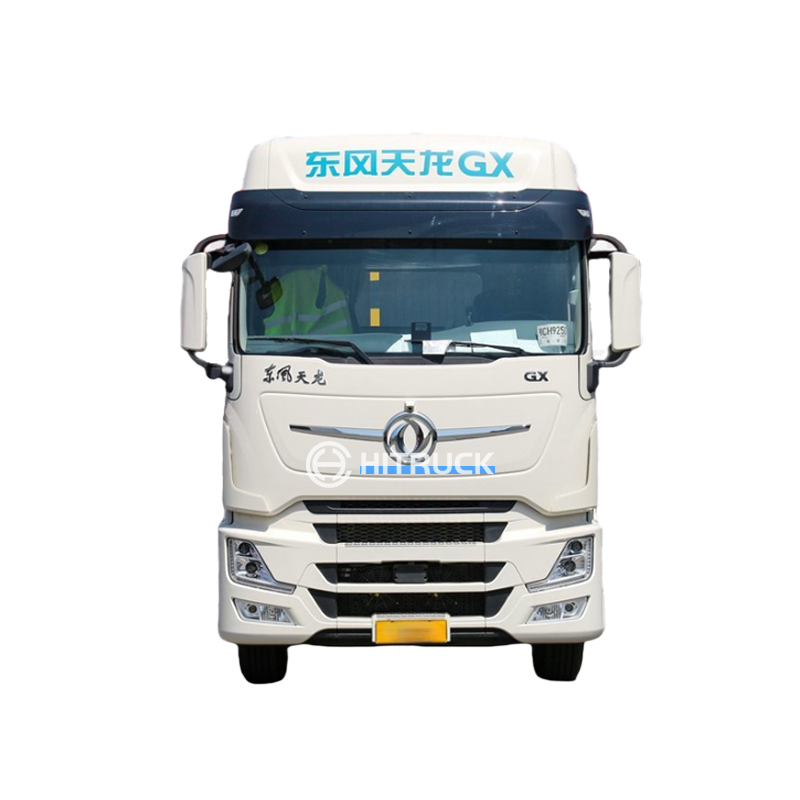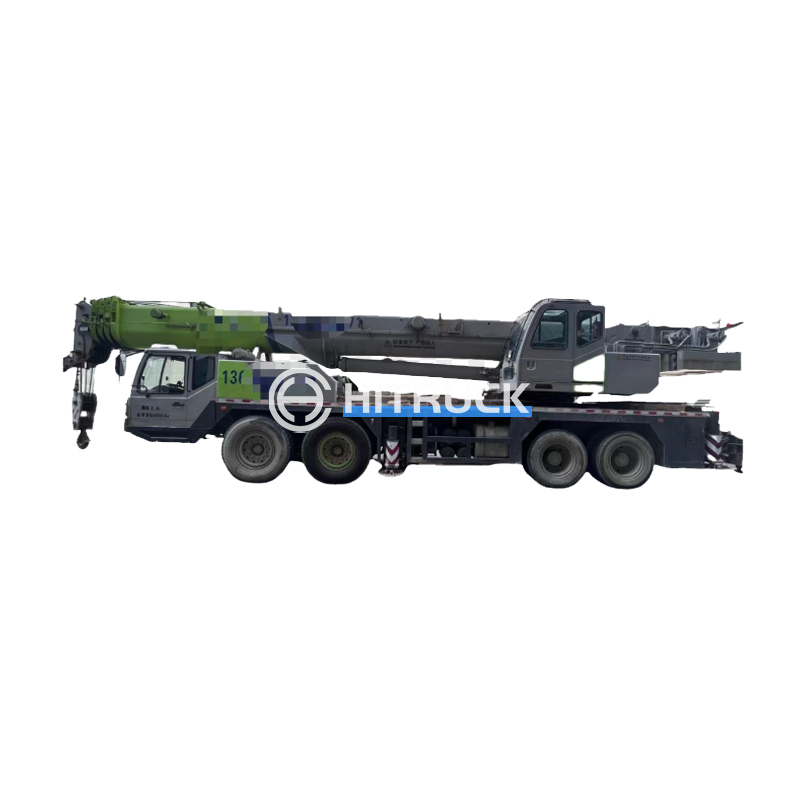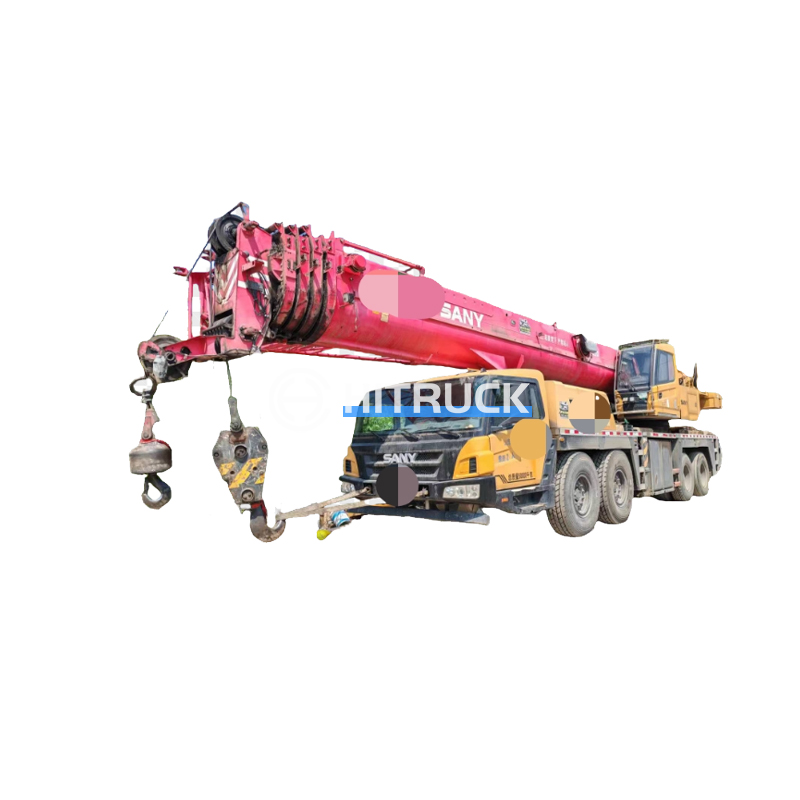This comprehensive guide explores the world of wrecker vehicles, covering various types, features, considerations for purchase, and maintenance tips. Learn how to select the perfect wrecker vehicle for your specific needs, whether you're a towing professional, a roadside assistance provider, or simply need a dependable vehicle for occasional use.
Light-duty wrecker vehicles are ideal for smaller vehicles like cars and motorcycles. They typically have a lower towing capacity and are more maneuverable in tight spaces. Common types include wheel-lift tow trucks and integrated tow trucks. These are often favored by smaller businesses or individuals who perform occasional towing services. Consider factors like your typical load weight and the size of vehicles you'll be towing when making a selection.
Medium-duty wrecker vehicles offer a balance between capacity and maneuverability. They can handle a wider range of vehicles, including larger cars, SUVs, and light trucks. Common types include hooklift wreckers and rotator wreckers. These are popular choices for medium-sized towing businesses that need to handle a variety of vehicles. Remember to check the GVW (Gross Vehicle Weight) and GCWR (Gross Combined Weight Rating) to ensure it suits your operational needs.
Heavy-duty wrecker vehicles are designed for the toughest jobs, capable of towing large trucks, buses, and even heavy machinery. These usually include specialized equipment such as heavy-duty winches and recovery systems. Their robust construction and powerful engines make them perfect for handling demanding recovery situations. If you handle large vehicles regularly, or work in demanding conditions, a heavy-duty model from a reputable manufacturer is crucial.
The towing capacity is a crucial factor. You need a wrecker vehicle with sufficient capacity to handle the heaviest vehicles you anticipate towing. Always check the manufacturer's specifications and ensure it aligns with your workload.
Modern wrecker vehicles offer a range of advanced features, including automated winches, improved lighting systems, and integrated cameras. These features can enhance safety and efficiency. Consider the features that will best suit your specific towing operations.
Regular maintenance is vital for any wrecker vehicle. Plan for routine servicing and repairs to ensure reliable operation and longevity. Look into the availability of parts and service centers for the specific model you're considering.
Selecting the right wrecker vehicle requires careful consideration of your needs and budget. Thorough research and comparison shopping are essential. To help you in this process, consider exploring reputable dealerships like Suizhou Haicang Automobile sales Co., LTD, which offers a wide range of wrecker vehicles and expert advice.
Regular inspections, timely repairs, and adherence to manufacturer recommendations are essential for extending the lifespan and performance of your wrecker vehicle. Proper lubrication, careful operation of the equipment and regular cleaning are key for maintaining peak performance and safety.
| Wrecker Type | Typical Towing Capacity | Best Suited For |
|---|---|---|
| Light-Duty | Cars, Motorcycles | Small businesses, occasional use |
| Medium-Duty | SUVs, Light Trucks | Medium-sized businesses, varied vehicle types |
| Heavy-Duty | Large Trucks, Buses | Heavy recovery, demanding conditions |
Remember to always consult with professionals and refer to the manufacturer's guidelines for specific maintenance schedules and safety protocols for your wrecker vehicle.












